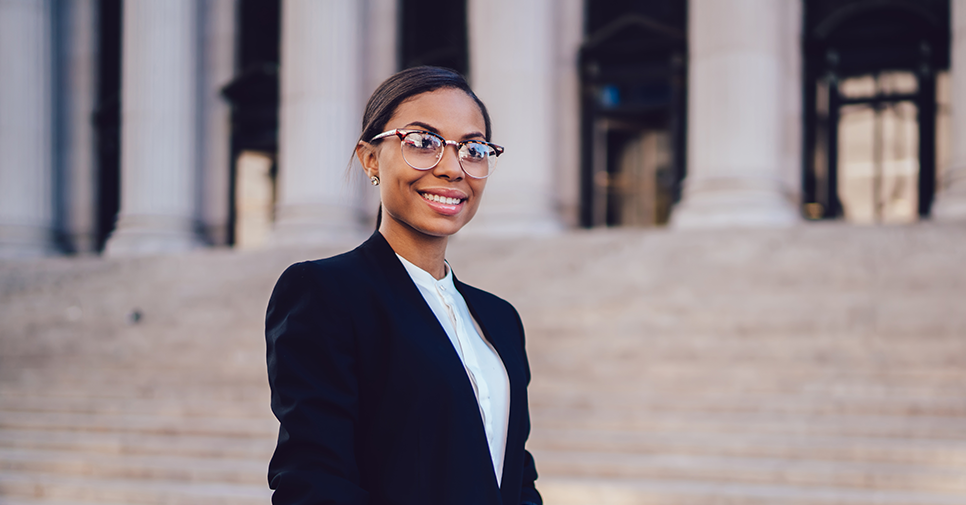
WHY STUDY INTERNATIONAL RELATIONS IN GERMANY?
As you travel throughout Germany and across national borders, you will spend time in cities such as Frankfurt, Berlin, Brussels, Cologne, Bonn, Munich, and Schengen, Luxembourg. Your Experiment begins with a group orientation in Frankfurt, a global hub for commerce, culture, education, and more, where you will begin taking German language classes.
During your homestay, you will have the opportunity to share in German daily life and attend school with German students to experience local high school culture.
At the ‘border triangle’ of Germany, France and Luxembourg, visit Schengen, Luxembourg, where the Schengen Agreement was signed. Through interactive activities at the European Museum, learn about the significance of the Schengen Agreement. Then continue to Brussels, Belgium, the seat of the Nobel Peace Prize–winning European Union (E.U.), where you will visit the European Commission and explore the E.U.’s institutional structure. Return to Germany to visit the 2,000-year-old city of Cologne, where you will see the awe-inspiring Kölner Dom, a UNESCO World Heritage site, and visit the United Nations in Bonn.
Your program will wrap up in Berlin, Germany’s capital and bustling cultural center. You will begin with a tour of the city’s important sites, including the Bundestag (Germany’s parliament). You’ll also attend workshops on the structure of the E.U., including competencies, tasks, and stakeholders, and a seminar on European asylum politics to learn about the current refugee situation on the continent.
LEARN BY DOING
The Experiment’s programs are designed to build skills that will help you succeed. In Germany, you will learn:
TECHNICAL SKILLS
- German language
INTERPERSONAL SKILLS
- Intercultural communication
- Problem-solving
- Adaptability
- Relationship-building
KNOW BEFORE YOU GO
- There is a lot of travel throughout the region requiring 2- to 5-hour train/bus trips. Be prepared to carry your luggage up and down stairs and to lift it into overhead storage compartments.
- Cities are increasingly vegetarian/vegan-friendly.
- Students will have many opportunities to engage with community leaders and local experts to learn about international relations and global diplomacy. These meetings may require a certain dress code based on specific site visits. More details will be included in the packing list.
- Access to the internet is limited and internet speeds and connectivity vary.
- The diverse personal and social identities of participants may, in part, shape their experience abroad. In-country partners will discuss cultural norms and the local context during orientation. Please read our approach to Diversity, Equity, and Inclusion for further information. All students will have a safe space within the program spaces and with the local staff and group leaders.
- The Experiment program structure is rooted in experiential learning and cohort-based learning. The participant group experience is a major source of learning for Experimenters and is facilitated by trained Experiment group leaders.


